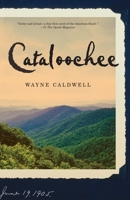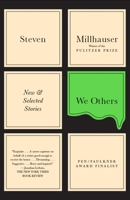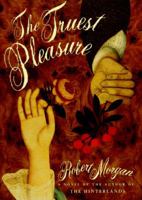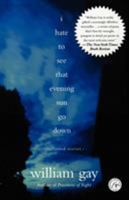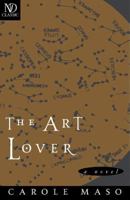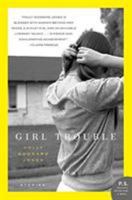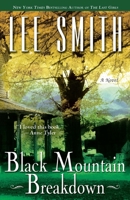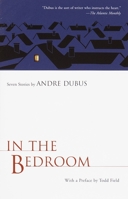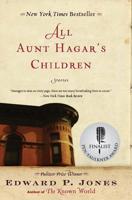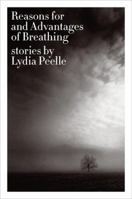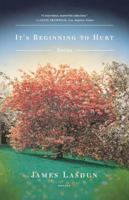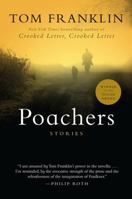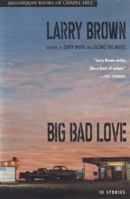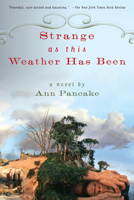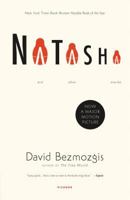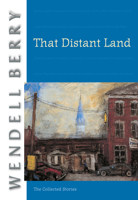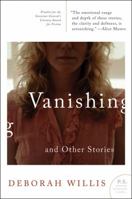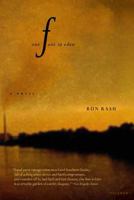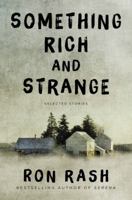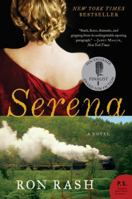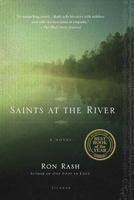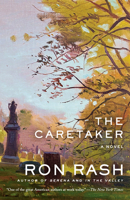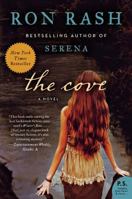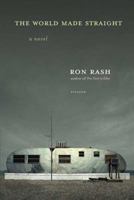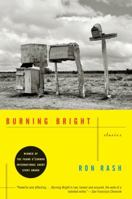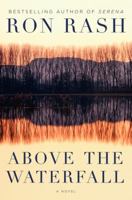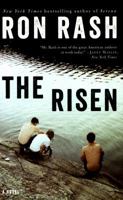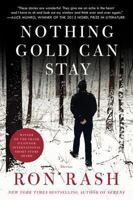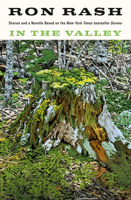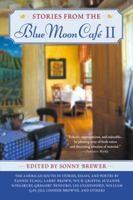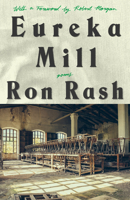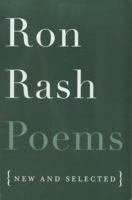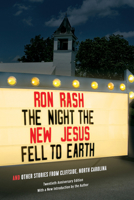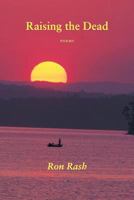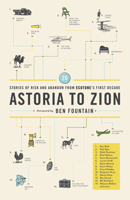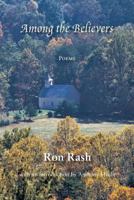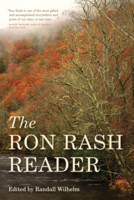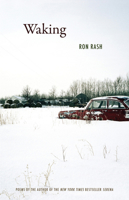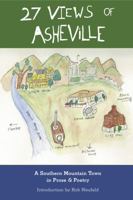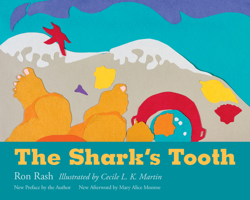Chemistry and Other Stories
Select Format
Select Condition 
You Might Also Enjoy
Book Overview
Customer Reviews
Rated 5 stars"Don't trust people who make a spectacle out of what they believe."
A consummate writer, Rash's Appalachia assumes a reality few capture as brilliantly, whether in novels or short stories. Chemistry and Other Stories is a sampler of the characters who people Rash's novels, from the old and the new South, the intransigent past, the bloody fields of the Civil War never far from the intrusions of the present. As solid and unmoving as the landscape, those people possess a dignity and spirit unique...
0Report
Rated 5 starsBegin in the Middle!
In "Chemistry and Other Stories," Ron Rash's most recent collection of short stories from Picador, Rash does exactly what Aristotle suggested to young writers over 2000 years ago; he starts his stories "in medias res"--"In the middle of things." Aristotle knew that if a story was to be successful, it had to focus on the main conflict immediately. Rash executes Aristotle's idea flawlessly in this fine collection. "The spring...
0Report
Rated 5 starsAmazing collection
Rash's Chemistry is that rare collection of short stories that I'll reread--again and again, like Hannah's Airships and Carver's What we Talk About when we Talk about Love. As a resident of Western North Carolina, I have an affinity for stories that explore and examine the peoples and places of the region. But even if you care little about this area, you should read this collection. The language and characters are remarkable...
0Report
Rated 5 starsStrange and Affecting
It is impossible to read Chemistry and Other Stories, as I just did, without the floor slanting a little. At our house in riverside Ohio (sixty year old wood floors in most rooms; some carpet; a little bit of concrete in the room where we keep the upright piano), we've noticed an eight or nine degree tilt. At my in-laws' place, in Rowan County, Kentucky, only three degrees, but that's an old farmhouse my father-in-law built...
0Report














